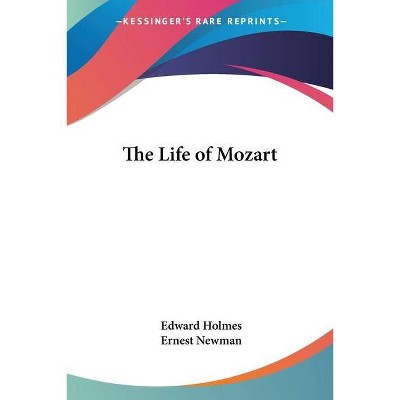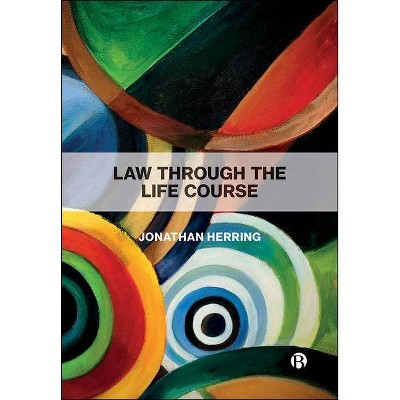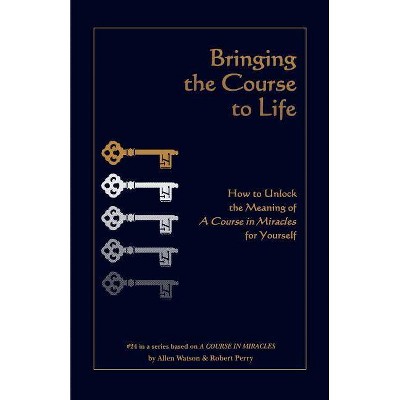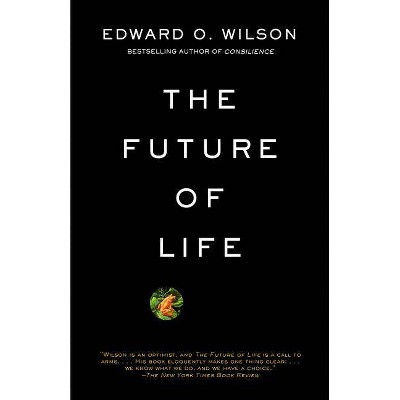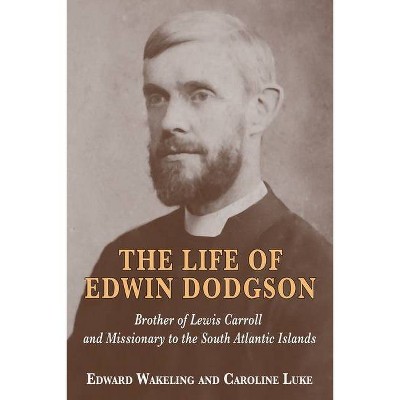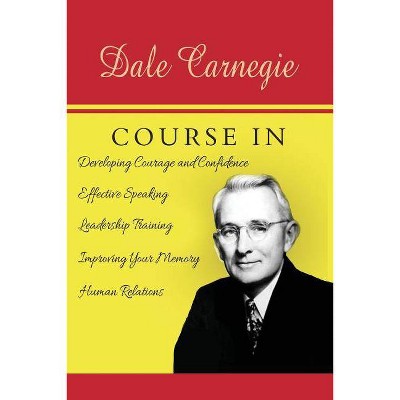The Course of My Life - by Edward Heath (Paperback)
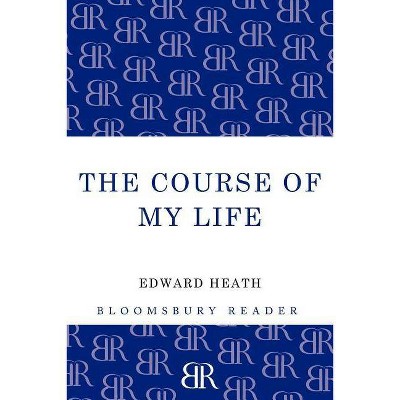
Similar Products
Products of same category from the store
AllProduct info
<p/><br></br><p><b> Book Synopsis </b></p></br></br><i>The Course of My Life</i> is not only the autobiography of one of the most distinguished figures of modern times, but a revealing panoply of twentieth-century political, international and social history. Born in 1916, Edward Heath became a Conservative Member of Parliament in 1950, following a glittering Oxford and military career, and was at the heart of political life for a long time - as Chief Whip (notably during the Suez Crisis), Minister of Labour, Lord Privy Seal at the Foreign Office, Leader of the Conservative Party from 1965-75, and Prime Minister from 1970 to 1974. Since relinquishing the leadership in 1975, he has maintained a central role in world affairs, as well as pursuing his wide musical and sailing interests.<br/><br/>Edward Heath writes his autobiography with complete (and often very amusing) candour, offering us valuable and entertaining insights into the events of the past sixty years. He describes the importance of a united Europe, one of the driving influences in his life since he observed a Nuremberg Rally as an undergraduate, and his continuing thoughts on the subject after he took us into the European Community in the 1970s. He discusses the changes in the Conservative Party in his period as an MP and his modernisation of it as its leader, and the major issues of domestic policy, not least the economy, the trade unions and the Troubles in Northern Ireland; these are set against his range of activities on the international stage, including his negotiations with China and Saddam Hussein, shortly before the outbreak of the Gulf War in 1991.<br/><br/>Both as a record of a momentous and unequalled career and as an important and frank document of personalities and events, <i>The Course of My Life</i> is as entertaining as it is revealing.<p/><br></br><p><b> About the Author </b></p></br></br><p>Sir Edward Richard George "Ted" Heath, 1916 - 2005 was a British Conservative politician who served as Leader of the Conservative Party 1965-75 and as Prime Minister of the United Kingdom between 1970-74. Heath studied at Balliol College, Oxford. In 1938, he went to Spain to witness the ongoing civil war and then went on to serve in the British Army during the Second World War. </p><p>Heath applied for Britain to enter the European Economic Community (now the European Union) and was successful. He oversaw the completion of the decimalization of British currency in 1971, and the reorganization of the British counties. Heath angered trade unions by bringing in an Industrial Relations Act and attempting to bring in a prices and income policy. In 1973, a miners' strike caused Heath to implement the Three-Day Week to conserve electricity. With the slogan 'Who Governs Britain?' Heath called for an election in February 1974 which resulted in a hung parliament. Another election was held in October of that year and the Labour Party won by a small majority. </p><p>In his autobiography Heath is keen not to let Eurosceptics rewrite history; he emphasizes that, just as his time in charge of firing squads put him off capital punishment, so the war made him a determined European. Heath shows a dry humor and an unexpected sense of his own absurdity; there are some surprising vignettes as well, like Fidel Castro drunkenly ranting about his hero- worship of Winston Churchill, and Enoch Powell promising to break an NHS strike by importing Jamaican nurses.</p>
Price History
Price Archive shows prices from various stores, lets you see history and find the cheapest. There is no actual sale on the website. For all support, inquiry and suggestion messagescommunication@pricearchive.us

